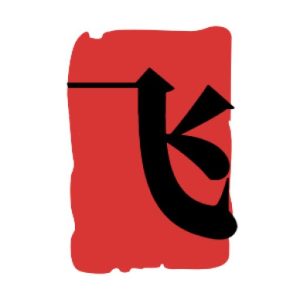月份前面用on还是in_具体某一天用介词on还是in
Yvonne英语杂记
亲爱的读者们:
今天我们要探讨的是英语语法中非常重要的一个概念——“时间介词”。理解并正确使用时间介词对于提升英语表达的准确性和流畅性至关重要。
一、常用的时间介词
我们常用的时间介词有“in”、“on”和“at”。
二、时间介词“in”的使用
1. 表示“在某年/月/季节”:
- in 1980(年份)
- in January(月份)
- in spring(季节)
2. 表示“从现在起一段时间以后”:
- 例子:They will go to see you in a week.(一周后他们将去看你。)
- She will be tall and beautiful in 20 years.(后她将会又高又美。)
3. 表示“在某年代或世纪”时:
- This machine was invented in the eighteenth century.(这台机器是在十八世纪发明的。)
4. morning/evening/afternoon也常跟介词in连用。
三、时间介词“on”的使用
1. 表示特定的某一天早上、中午、晚上:
- on a snowy morning(下雪的早上)
- on a summer afternoon(夏天的下午)
- on May 10th, 1982(1982年5月10日)
2. 表示“在星期几”或“在星期几的早上、中午、晚上”:
- on Monday(星期一)
- on weekdays(工作日)
- on Saturday morning(星期六早上)
3. 表示“在某一节日”:如中秋节(Mid-autumn Festival)、教师节(Teachers' Day)和儿童节(Children's Day)。
四、时间介词“at”的使用
1. 表示“某一具体时刻,钟点”:
- I get up at six thirty every morning.(我每天早上六点半起床。)
2. 表示在特定的时间或节日:如Christmas(圣诞节)、at that time(那个时候)。
3. 其他用法:at noon(中午)、at night(夜晚)、at the weekends(周末)。还可以表示“在...岁时”:At the age of nine,the boy could swim well.(九岁时,这男孩已经会游泳了。)
五、练习题及答案
结语:今天的分享就到这里啦!希望大家通过这些例句和练习,能更好地掌握和使用这三个时间介词。我们下期再见!

